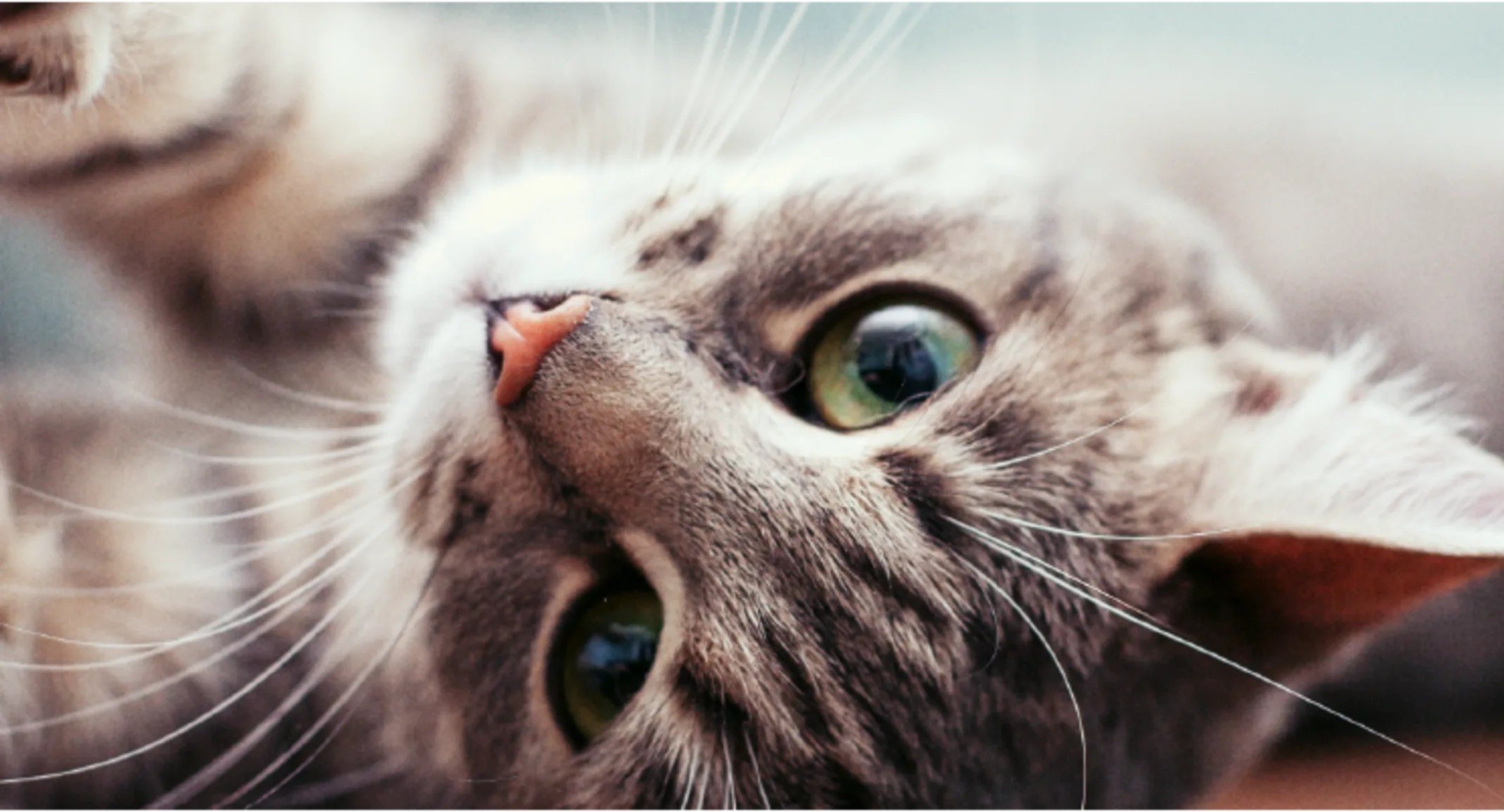How To Tell When Your Cat Is In Pain
General

It’s heartbreaking to think about your pets suffering in silence, but if you own a cat, then you should know they’ll try their hardest to hide their pain. Cats in the wild evolved to hide their pain so they wouldn’t become an easy target for predators. Though your cat may be domesticated, it’d be uncharacteristic of them to go against that instinctive nature to protect themselves, especially when they’re feeling vulnerable. Here are some key signs to tell if you need to take your cat to your vet. At Loveland Veterinary Clinic, our primary goal is to care for your pet in the best way we can.
HIDING
One of the first signs that your cat is in pain is if they begin to hide from you. If you notice your cat hiding underneath the bed, your desk, or behind your furniture, then there’s a good chance that your cat may be hurting. Again, this goes back to their deeply-rooted instincts of protecting themselves from predators.
CHANGE IN GROOMING HABITS
Take note of whether or not your cat has stopped grooming themselves or if they’re grooming themselves too much in one area. Pain or illness can stop a cat from grooming themselves, as they may be feeling too tired to do so. If your cat is older, then they may have developed arthritis or a joint disease that makes it painful for them to reach certain areas. On the other hand, over-grooming is also a sign your cat is not feeling well. Over-grooming is often caused by anxiety or stress.
CHANGES IN TEMPERAMENT
If your cat is in pain, then they may exhibit restlessness or sudden aggressive behavior, even in a friendly environment. Especially for older cats who are typically calm, if they begin to exhibit sudden aggression, then it probably stems from something medical. Take your cat to a vet if you begin to notice changes in their temperament. While the sudden aggression may not be the result of a medical condition, your veterinarian will be able to inform you of the possible causes and recommend you to a pet behaviorist who can help identify the cause for change in behavior.
CHANGES IN APPETITE OR THIRST
Like humans, cats also exhibit a change in appetite or thirst when they’re in pain. Their loss of appetite could be because of something serious such as an infection, organ failure, intestinal problems, or it could be the cause of a simple toothache. Before you look up ways to stimulate your cat’s appetite, take them to the vet to pinpoint the underlying issue. At Loveland Veterinary Clinic, our team of professionals is trained to identify symptoms.
OVERALL ACTIVITY DECREASE
When you get home from work, you may have noticed your cat lounging on the highest level of their kitty-city. But when cats are sick or in pain, they have difficulty climbing up to higher places. Not only will they be hanging out on lower levels, but they’ll also show a lack of interest in their surroundings and exhibit a general sense of inactivity. Look for other symptoms like weight gain, diarrhea, fever, vomiting, difficulty breathing, or duller, looser hair, and make sure you share your findings with the nurse or the veterinarian during your appointment.
EXCESSIVE PURRING OR UNUSUAL VOCALIZATIONS
Cats may purr when they’re content, snuggled up under your arm, but there are also instances of stress, discomfort, or sickness where cats purr. Cats use purring as a form of communication, but also as a way to self-heal. Some studies show that purring happens at such a low frequency that the vibrations promote bone healing and ease muscle pain. If you notice your cat purring more often than usual, then it would be wise to take them to a veterinarian to make sure it’s not serious. You should also pay attention to unusual meowing or yowling as cats become more vocal when they feel stressed.
If you notice any of these signs from your cat, then contact us today at Loveland Veterinary Clinic to schedule an appointment. Our team of veterinary professionals, from doctors to support staff, have endless compassion for your pets, and we’re here to treat your special furry friend the way we’d want to be treated. Let us help you bring your cat back to full health!
